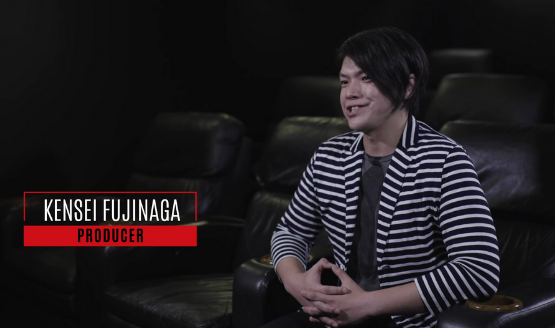Get to know Square Enix’s The Quiet Man on a deeper level with a behind the scenes look at development provided by the team. This nine minute video highlights what makes this game, centered on Dane (a deaf protagonist), special, as well as the challenges they during development.
Check it out below.
The video opens with…








